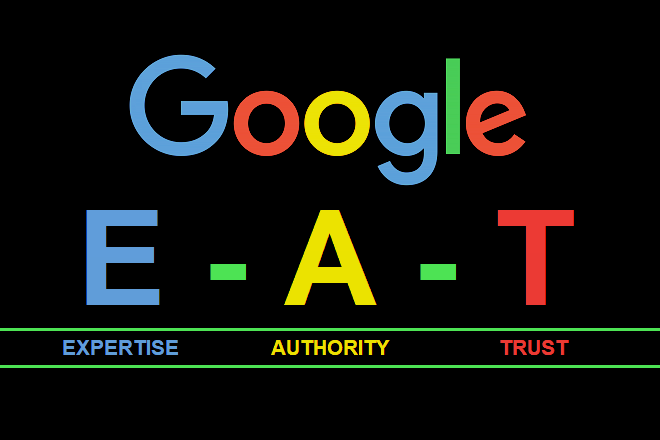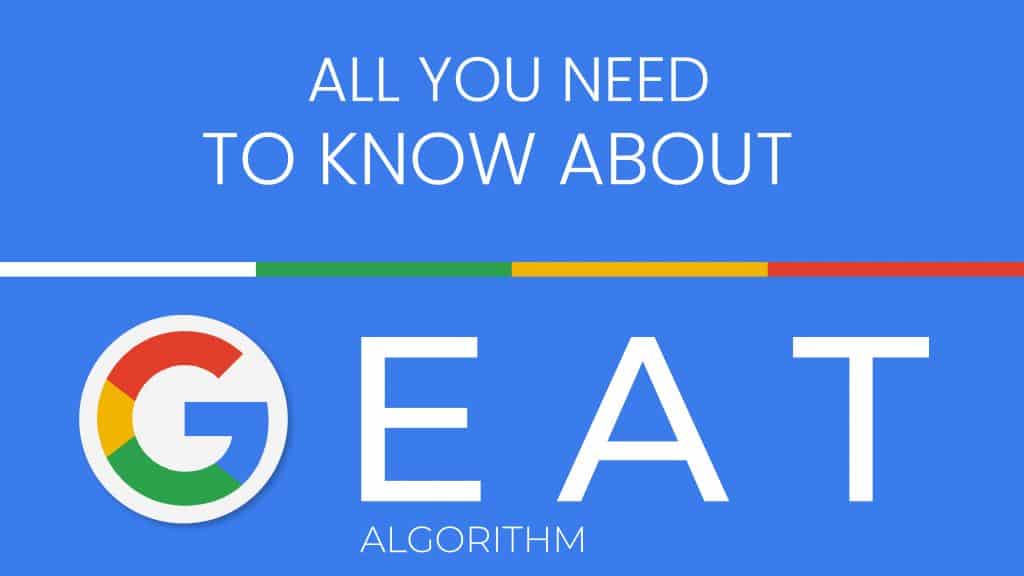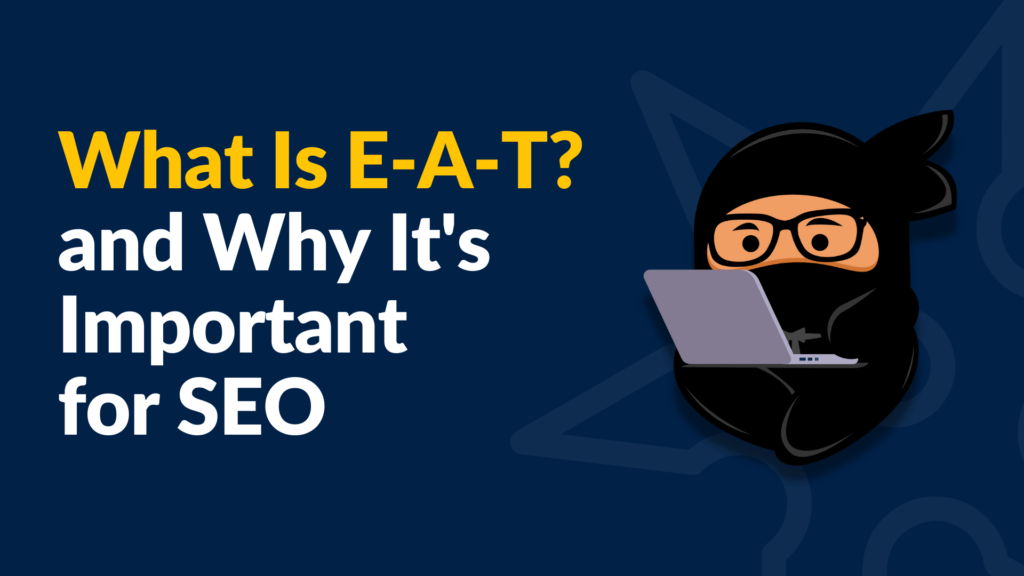Table of Contents
Learn how Expertise, Authoritativeness, and Trustworthiness (E-A-T) influence how search engines rank websites. Discover how you can create content that users can rely on!
What is E-A-T?

E-A-T stands for Expertise, Authoritativeness, and Trustworthiness. It’s a concept used by search engines, like Google, to assess the quality of websites and their content. Think of it as a way to measure how reliable and helpful a website is.
When considering a website’s E-A-T, search engines consider things like:
- Who created the content? Are they experts in the field? Do they have experience and qualifications?
- What reputation does the website have? Is it known for being accurate and honest?
- Does the website follow best practices for presenting information? Is it well-organized, easy to read, and free from misleading claims?
Websites with high E-A-T are generally considered more trustworthy sources of information and tend to rank higher in search results. This means that when you search for something online, websites with high E-A-T are more likely to show up near the top.
It’s important to remember that E-A-T is just one factor that search engines use to rank websites. There are many other things that they consider as well. However, understanding E-A-T can help consider the quality of information you find online and make informed decisions about which websites to trust.
Google’s E-A-T Guidelines

Understanding Expertise, Authoritativeness, and Trustworthiness (E-A-T) is important for anyone creating content online, especially if you want it to be seen as reliable and informative. Here’s a summary of what Google considers when evaluating E-A-T, based on their Search Quality Evaluator Guidelines:
Expertise
- Website: Does the organization have relevant credentials and expertise in the topic?
- Author: Does the author have qualifications or experience in the subject area?
Authoritativeness
- Website: How do both users and external sources rate the quality of the content and website?
- Author: How well-recognized is the author in their field? Do they contribute to other high-quality websites?
Trustworthiness
- Website: Does the website provide clear and transparent information, including contact details and security measures?
- Author: Is the author’s content accurate and well-written? Do they cite reliable sources?
Reputation
- Website: Does the website have a generally positive reputation, based on reviews, awards, and user engagement?
- Author: Do other respected experts and websites reference the author’s work?
Importance of E-A-T

It’s a concept used by search engines like Google to assess the quality of websites and their content. Websites with high E-A-T are generally considered to be more reliable and informative sources of information.
Here’s why E-A-T is important:
It helps users find high-quality information: When you search for something online, you want to be confident that the information you find is accurate and trustworthy. E-A-T helps search engines identify and rank websites that are likely to provide reliable information.
It promotes responsible content creation: By focusing on expertise, authority, and trustworthiness, E-A-T encourages website owners and creators to produce high-quality content that is well-researched, accurate, and unbiased.
It creates a more level playing field: E-A-T helps to ensure that websites that are genuinely knowledgeable and trustworthy are more likely to rank higher in search results, regardless of their size or popularity.
While E-A-T is not the only factor that search engines consider when ranking websites, it’s an important one. By understanding E-A-T and creating content that adheres to these principles, you can help to ensure that your website is seen as a valuable and trustworthy source of information.
Purpose of E-A-T

E-A-T stands for Expertise, Authoritativeness, and Trustworthiness. It’s a concept used by search engines to assess the quality and reliability of websites and their content. Here’s the essence:
Imagine you’re asking a question. You want an answer from someone who knows what they’re talking about, comes from a trusted source, and gives you accurate information. That’s what E-A-T aims for in the digital world.
For websites: Search engines consider factors like the creator’s credentials, the website’s reputation, and how well-researched and transparent the content is.
For authors: Expertise in the topic, achievements in reputable publications, and clear, well-supported writing all contribute to a strong E-A-T score.
Why is it Necessary?

High-quality information benefits everyone. E-A-T helps users find trustworthy sources, encourages creators to be responsible, and promotes a more level playing field online.
Remember, E-A-T is a framework, not a rigid rulebook. Focus on creating informative, well-researched content, and let your expertise shine through.
Final Thoughts
E-A-T stands for Expertise, Authoritativeness, and Trustworthiness. It’s a way for search engines to recognize reliable online sources. By understanding E-A-T, you can create content that helps others find accurate information and navigate the digital world with confidence. Remember, creating informative, well-researched content is key, and the rest will follow.
For More Information Please Visit These Websites Craiyon And arturia


1 Comment
Thank you for your sharing. I am worried that I lack creative ideas. It is your article that makes me full of hope. Thank you. But, I have a question, can you help me?